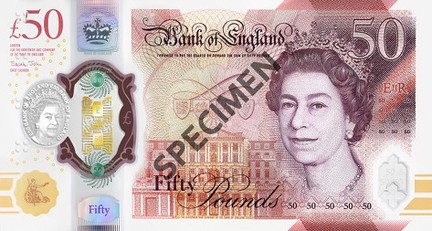Brexit, the United Kingdom’s (UK) decision to leave the European Union (EU), has had a significant impact on the British Pound Sterling (GBP). Here are some key aspects of how Brexit has influenced the Pound:
1. Volatility:
- The period leading up to the Brexit referendum in June 2016 and the subsequent negotiations created significant uncertainty. This uncertainty translated into increased volatility in the currency markets, leading to fluctuations in the value of the Pound.
2. Immediate Depreciation:
- Following the referendum result, the Pound experienced a sharp depreciation. On the day after the vote, June 24, 2016, the Pound fell to its lowest level against the US Dollar in over 30 years. This immediate depreciation was a reflection of market concerns about the economic implications of Brexit.

3. Economic Uncertainty:
- Brexit introduced uncertainty about the future economic relationship between the UK and the EU. Uncertainty is generally viewed negatively by financial markets, and as a result, the Pound faced headwinds as negotiations progressed.
4. Trade Relations:
- Trade is a crucial factor influencing currency values. As the UK negotiated its future trade relationships, particularly with the EU, developments in trade talks had a direct impact on the Pound. Investors closely monitored negotiations for signs of a favorable or unfavorable outcome for the UK economy.
5. Transition Period and Trade Agreement:
- The transition period, which lasted until the end of 2020, provided some stability as the UK continued to follow EU rules while the two sides negotiated a future trade agreement. The announcement of the UK-EU Trade and Cooperation Agreement in late 2020 provided additional clarity and contributed to some recovery in the Pound’s value.
6. Economic Impact:
- The actual and potential economic impact of Brexit, including changes in trade relationships, regulations, and investment patterns, has influenced the Pound. Economic indicators, such as GDP growth and employment figures, have played a role in shaping market expectations and, consequently, the value of the currency.
7. Continued Sensitivity:
- Even after the formalization of the trade agreement and the end of the transition period, the Pound remained sensitive to ongoing developments related to the implementation of the new relationship and any adjustments in economic policies.
8. Long-Term Outlook:
- The long-term impact of Brexit on the Pound is still unfolding. The UK’s ability to negotiate and establish new trade agreements, as well as the overall economic performance, will continue to shape the currency’s value in the years to come.
It’s essential to note that currency markets are influenced by a complex interplay of factors, and the value of the Pound can be affected by both domestic and international developments. Additionally, the information provided here is based on my last knowledge update in January 2022, and subsequent events may have further shaped the impact of Brexit on the Pound.









